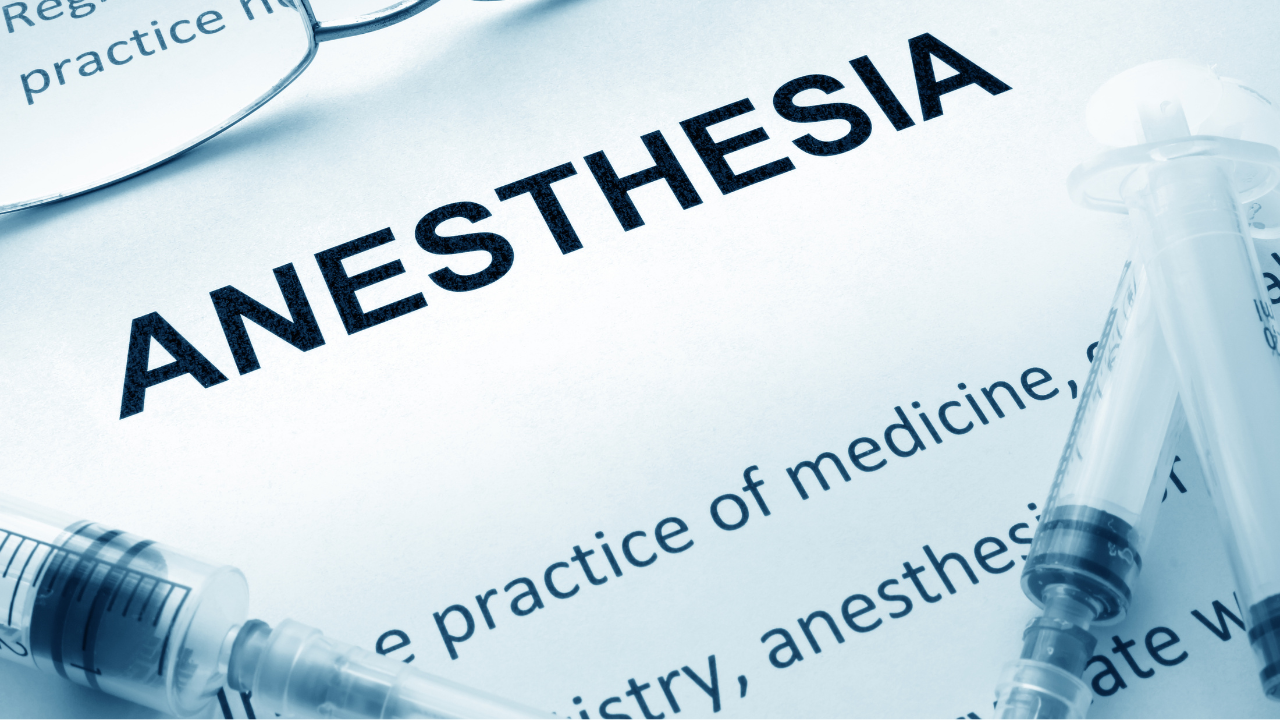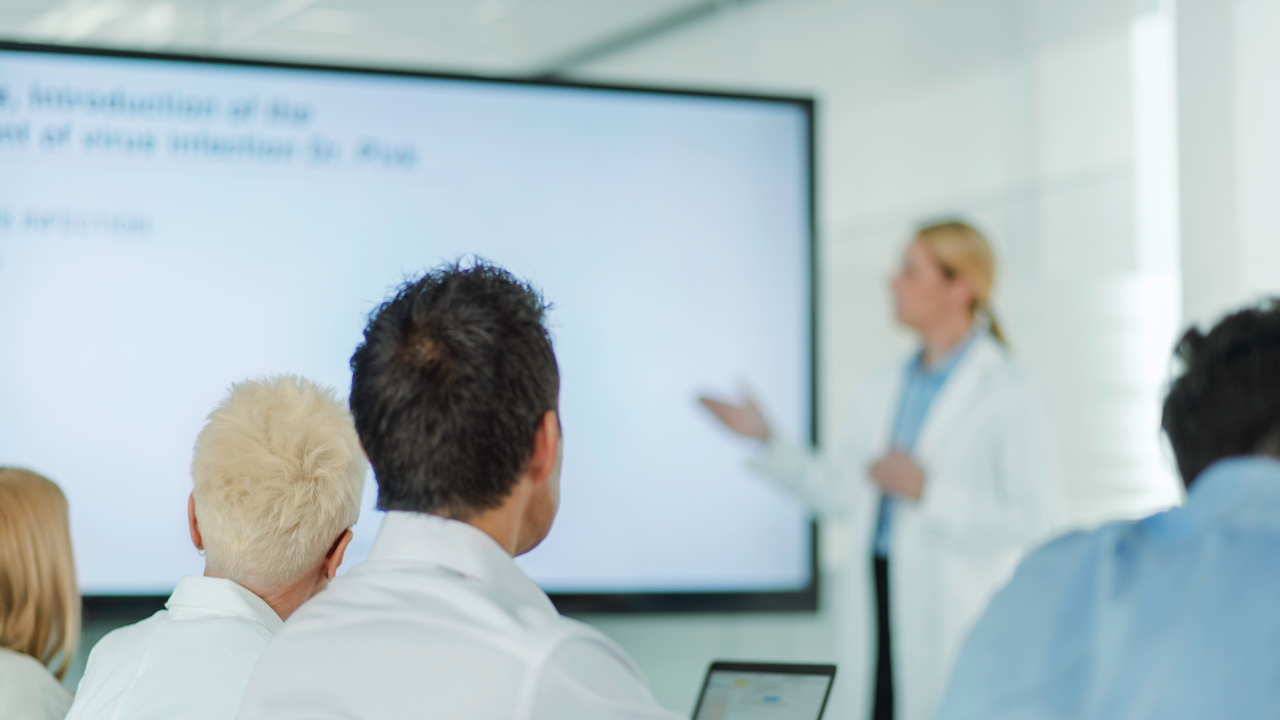Overview
The Anesthesia program at McMaster offers the breadth of clinical education that covers the full array of anesthesia subspecialties in and out of the operating rooms. Residents who aspire to seek more advanced training after graduation will be well-prepared to seize such opportunities. Opportunities exist for further training in areas of sub-specialty Anesthesia practice as well as Critical Care Medicine, Trauma, Palliative Care, Acute and Chronic Pain Management and Research Methodology. A fellowship in Transfusion Medicine has been developed by the Hematology Department, with Anesthesia training as an accepted prerequisite. Equally, residents who wish to pursue a community-based practice will have a solid clinical foundation on which to commence independent practice.
There are abundant opportunities for residents to grow and engage more deeply within the process of patient care such as through undergraduate medical education, simulation, or participation in the development of protocols that enhance patient safety, efficiency or interdepartmental collaboration.
The Department of Anesthesia at McMaster University is a collegial and cohesive department which values and promotes professionalism and enjoys an excellent track record for resident success in both Royal College examinations and (more importantly) subsequent clinical practice. Our goals will remain to provide a high standard of education in a collegial environment while endeavoring to apply new technology and educational practices to improve the educational experience of the learner.
Expandable List
The Anesthesia residency program at McMaster is unique in its ability to offer a wide range of clinical activity at four acute care hospitals within the setting of a relatively small and intimate residency program. We have approximately 40 residents, 95 Hamilton-based faculty and 95 faculty with adjunct appointments. Residents and faculty have the opportunity to get to know each other very well over the course of 5 years. This “family” feel does not come at the expense of clinical exposure, however, with a full range of busy surgical services servicing Hamilton and the regions from Niagara Falls up to Owen Sound. Our residents are a tight-knit group who are highly collegial and supportive of each other.
- a strong simulation program, where residents have frequent opportunities to learn in this environment (not just as “observers”)
- the opportunity to be involved in clerkship teaching, in didactic sessions, simulation and the clinical setting
- strong research infrastructure to support success, both for the resident who is highly interested in research as well as for the resident who is research-phobic
- a finely-tuned academic (curriculum) program, which is tailored to each clinic year; each session is led by expert faculty member with usual ratio 6 learners:1 faculty. Our Curriculum Chair is Dr. DeTina and she works to ensure a balanced curriculum that is responsive to resident feedback.
- call schedule that addresses fatigue-management and is tracked closely to ensure fairness and transparency for all residents. Average call per month is 3 weekend split-call shifts (encompassing no more than 2 weekends) and 2 weekday call for a total of 5 call shifts/month (3 of them being half-shifts)
- clinical exposure to obstetrics and pediatric anesthesia throughout the residency program, rather than just during specific limited rotations
- strong support of exam preparation with biannual program oral exams as well as ample MCQ practice through in-house exams and National in-training examinations. In addition, weekly practice oral session are offered to the PGY 5 group a few months prior to the exams. We have had an excellent pass rate at the Royal College exams over the past few years for both CMG and IMG residents.
- PGY5 residents have a full academic day each week, with formal, organized oral exam training
- full academic day for PGY2’s and PGY4’s (September-June), in addition to the full day that our PGY5’s have throughout the year. This allows for a lot more independent study time for residents throughout residency, not just during the PGY5 year. PGY 1’s have a full academic day in the summer, and subsequent AHD. PGY 3, which is an off-service year, have an AHD (academic half day)
- the opportunity to be involved in international health through our liaison with Uganda- this elective is a 4 week opportunity which is funded by St. Joseph’s Healthcare; as well, a similar collaboration is beginning with the Anesthesia residency program in Guyana.
- superb administrative support from program coordinator, Candice Stroud-Grundy
- experienced, dedicated and accessible Program Director and Assistant Program Director (Dr’s Reddy and Parrish)
- a dynamic group of dedicated, enthusiastic, and skilled clinical teachers
- highly engaged residency program committee with ample resident representation, that meets monthly. As part of the CBD infrastructure, , the Clinical Competence Committee is comprised of strong clinicians with an interest in Residency Education.
- the opportunity to apply to and complete the “Clinical Investigator Program” at McMaster during the Anesthesia residency.
- resident wellness, well-being and support are a serious consideration of the program. We have resident buddies, faculty mentors, a Wellness Director, and an Ombudsman that functions independently of the program, as well as a host of resources offered by the Post Graduate Office.
The Anesthesia residency program has an infrastructure which has helped to build and maintain the collegiality and “family atmosphere” for which we are known. Some of these events are:
- Resident retreats (3/year): These are organized by residents and in the past have included curling, white-water river rafting, Canada’s Wonderland, the Canadian National Exhibition and pool parties.
- “Reach for the Top”, an annual year-end social event with a cut-throat trivia contest pitting faculty versus residents
- Journal Clubs, evening events occurring 4x/year
- Resident research exchange day, an annual event collaborating with UWO, involving presentations, awards, trivia contest and dinner
- Chair’s barbeque, an annual summer event for residents, faculty and their families, to welcome new residents to the program
- Research Interest Group Dinner meetings, where residents (and others) can present their research proposals and/or results in a collegial environment and receive feedback
Hamilton is a “best kept secret” in Southern Ontario, set on the shores of Lake Ontario. A vibrant arts scene as well as abundant hiking and biking trails at your doorstep will help you keep a balanced lifestyle during your residency program. As a city, it has a small town feel and is easy to navigate, while Toronto and its amenities are a short drive or train-ride away. While you are living here, you will get to know the Farmer’s markets (indoor and outdoor); the fabulous concerts at Hamilton Place; the Locke street stores, restaurants and bars; the Dundas Conservation area with its forests, trails and wildlife; and all those waterfalls and more waterfalls!
CaRMS & Resident Entry Information
Program Goals
The McMaster Anesthesia Residency program has the primary goal of educating residents to become independent practitioners in the field of Anesthesiology, both nationally and globally, by providing a competency-based education with progressive clinical responsibility. This goal is attained through an extensive exposure to a diverse population of patients with varying degrees of complexity and pathologies in our hospital setting. The clinical experience is complimented with a strong didactic curriculum, simulation training, research and creating a culture of inquiry through the teaching of skills to develop scholarly activity, quality improvement and patient safety.
The Anesthesiology Residency training will take place in an atmosphere of mutual respect and collegiality, promoting the ability of residents to acquire the knowledge, skills, clinical judgment and experience that will enable them to independently practice as an Anesthesiologist in a professional, competent and skillful manner.
Information Box Group
Anesthesia Residency Town Hall More Information
Learn more about the program!





